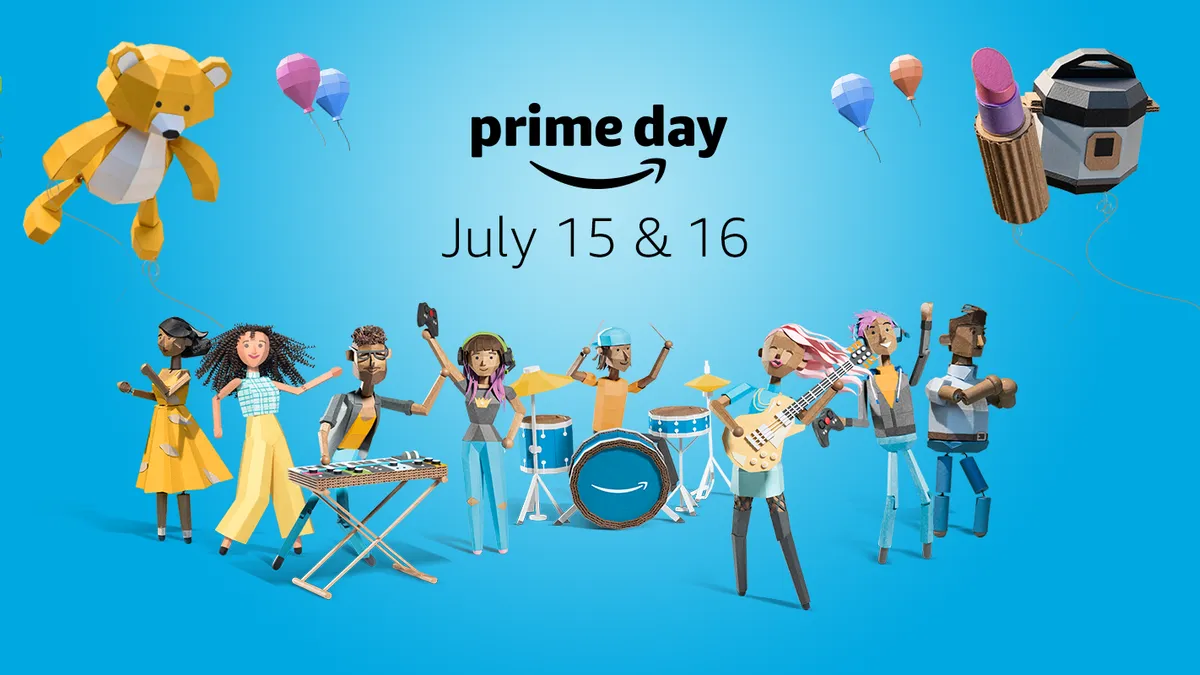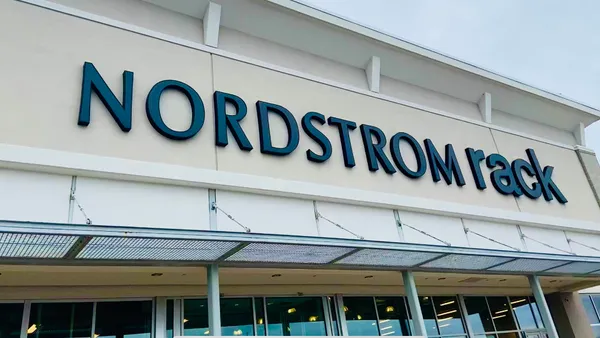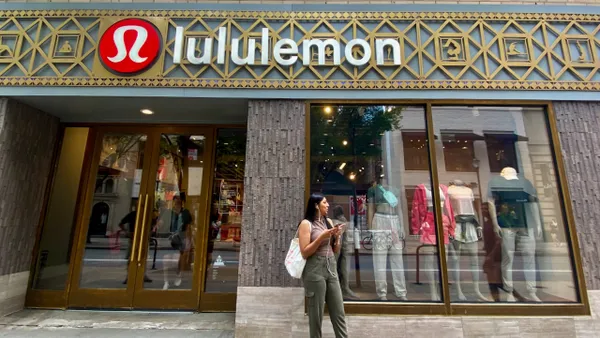UPDATE: July 23, 2020: Amazon on Wednesday confirmed a delay and an unusual staggered global approach to Prime Day this year, according to a statement from the e-commerce giant emailed to Retail Dive. Prime Day will be held in India Aug. 6-7, while "members all around the world will experience Prime Day later this year," the company said. The red-letter event, which other retailers have also embraced as a way to boost mid-summer shopping, has been held in mid-July for the past five years. Amazon said it will share "more details soon."
Dive Brief:
-
Amazon is likely to postpone Prime Day, usually held in mid-July, "until at least August," according to multiple news reports based on an internal company memo. Reuters first reported the news.
-
The e-commerce giant is also anticipating a loss of some $100 million because it may have to deeply discount devices, according to Reuters. "We don't have anything to share," an Amazon spokesperson told Retail Dive in an email when asked about the memo.
-
Wayfair on Monday did say it will postpone its own annual sales event, Way Day, which last year was held in April.
Dive Insight:
The COVID-19 pandemic, which has spurred the temporary closure of hundreds of stores and furloughs of thousands of retail workers, at first glance seems like it would also be a boon to e-commerce.
Many analysts do expect consumer habits to change even in the long term, and already digital sales have risen in several categories. Amazon a few weeks ago added 100,000 full- and part-time positions in its fulfillment and delivery network in response to the increased demand.
But, as people work in the warehouses and distribution centers that make e-commerce possible, retailers have also had to take precautions against the spread of the disease in those operations. Amazon itself told its Marketplace sellers that it was limiting intake of products to its warehouses to medical supplies and household staples. The company is also warning customers that it's prioritizing orders for those in need of essential goods, and that less pressing orders may take longer to arrive, especially internationally.
From March 23-30, e-commerce marketplaces saw a 14% increase in volume, according to data from the Forter Global Merchant Network. Even so, e-commerce orders, even of high-demand items, were evening out by the end of March, according to that research.
But while e-commerce has had mixed results during the disease outbreak and amid the actions taken to contain it, little is known about how things will progress, or what mood the consumer will be in when the outbreak and the attendant precautions subside. That makes it difficult to evaluate whether consumers will be ready for a summer sale like Prime Day in its usual July time slot.
Wayfair, for its part, on Monday said it will replace Way Day with "a special promotional event during its second quarter to offer the best value to customers during this time of need, and will donate a meaningful portion of the proceeds to benefit the broader community."













